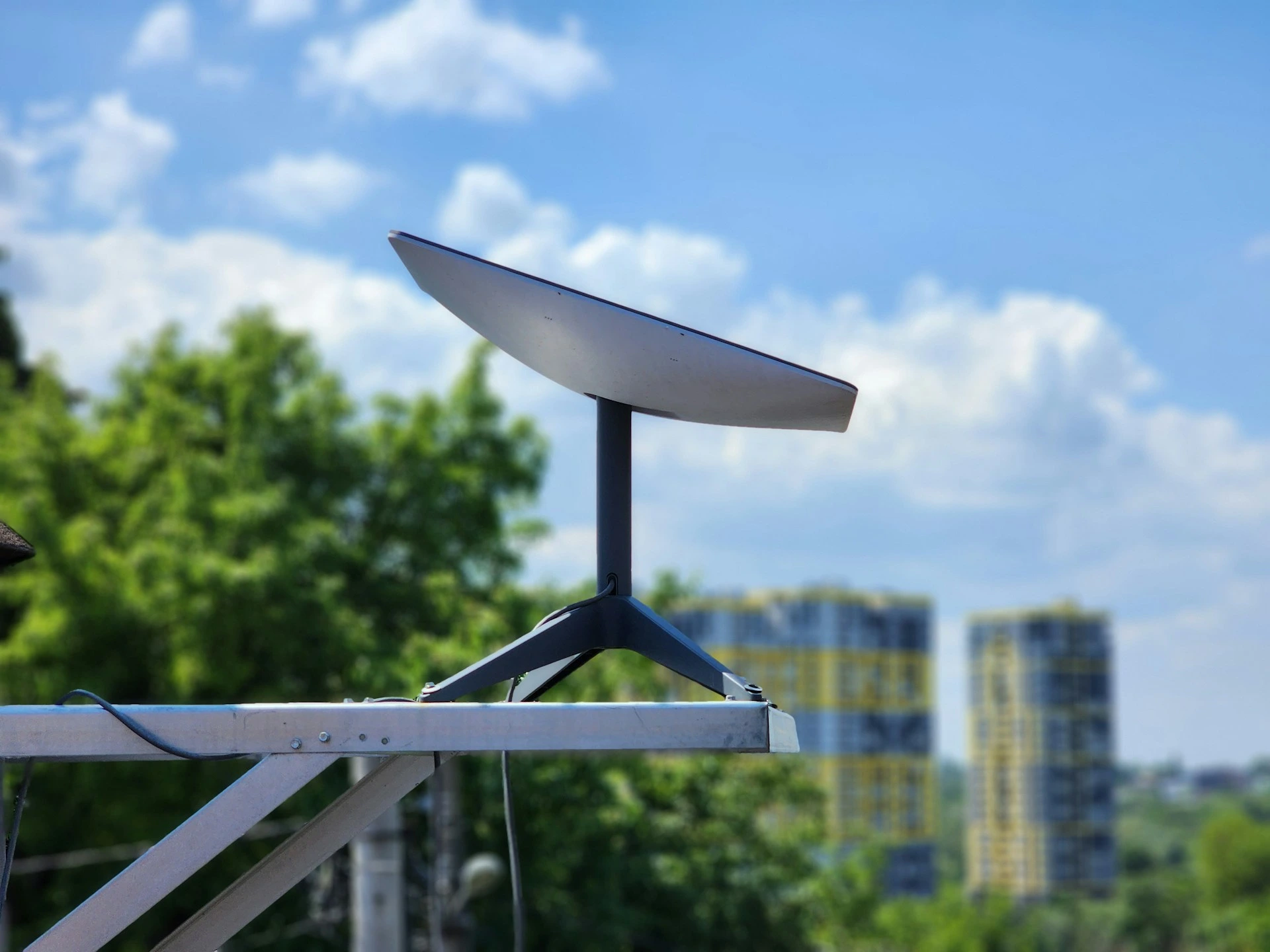
Photo by Evgeny Opanasenko on Unsplash
European Space Firms Ally To Compete With Starlink
The European space companies Leonardo, Airbus, and Thales, are planning a new venture together code-named Project Bromo to compete with Starlink, Elon Musk’s satellite internet company.
In a Rush? Here are the Quick Facts!
- Leonardo, Airbus, and Thales are planning on building a new satellite company together
- The venture has been nicknamed Project Bromo and the European companies expect to increase its presence in low Earth orbit and compete with Starlink
- The space firms would combine forces and technologies but have to deal with layoffs and restructuring
According to Reuters, three sources familiar with the matter have confirmed the information and explained that the new satellite initiative expects to establish a major base in Europe, combining talents and technologies as they are considering using the British BAE and the Italian Leonardo’s systems, and MBDA—a European multinational corporation—as the manufacturer.
Project Bromo—a nickname chosen after an Indonesian volcano—is still at an early stage and the companies have only been exploring the possibility of joining forces and gaining space and influence in low Earth orbit, where Starlink has dominance.
Roberto Cingolani, Leonardo’s CEO, confirmed to Reuters that multiple technical discussions are on the table.
There’s also a tense situation within companies’ internal organizations as merging could imply more job cuts and a few firms have already announced large layoffs. By 2026 Airbus would cut around 2,500 jobs, and Thales is in discussions to let go 1,300 of its workers.
This new initiative could be a solution for Europe’s slow and dim participation in the current space race. In October, ESA’s chief Josef Aschbache urged European organizations to “raise its ambition” in the space industry as other regions are taking the lead and growing fast.
However, this week the United Nations also called for global cooperation and warned about traffic congestion in low Earth Orbit and its risks of possible collisions and communication disruptions.

 Previous Story
Previous Story

 Latest articles
Latest articles 

Leave a Comment
Cancel